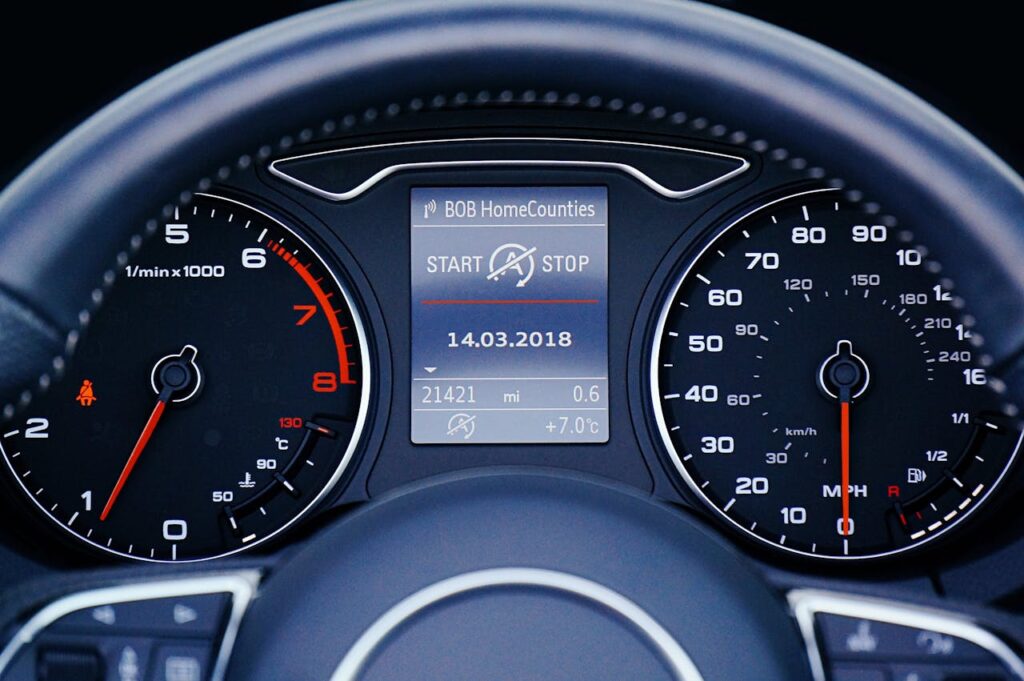With fuel prices fluctuating significantly, employers are facing increased requests from employees for mileage reimbursement rates above HMRC’s approved levels. Here’s a breakdown of the tax implications and the rules governing mileage and fuel reimbursements.
Overview of Approved Mileage Rates
As of the latest update in June, HMRC’s approved mileage rates for business journeys are:
Cars: 45p per mile for the first 10,000 miles and 25p per mile thereafter.
Motorcycles: 24p per mile.
Bicycles: 20p per mile.
These rates have not changed since April 2011, despite a more than 30% increase in fuel prices over the past decade.
Employee’s Private Car
Employees using their personal vehicles for business can claim tax relief or receive a tax-exempt mileage allowance from their employer. If the employer reimburses at the HMRC-approved rates, there are no tax implications. However, if the employer pays less, the employee can claim tax relief on the difference. Conversely, if the employer reimburses more than the approved rates, the excess amount is considered a benefit in kind:
Taxable Benefit: Any reimbursement above the approved rates is treated as taxable income and subject to income tax at the employee’s marginal rate and Class 1 National Insurance Contributions (NICs).
Company Cars
For employees provided with company cars:
Fuel for Private Use: If the company provides fuel for private use, the employee faces a car fuel charge, which for 2023/24 is fixed at £25,300 multiplied by the car’s ‘appropriate percentage’ based on CO2 emissions. To avoid this charge, employees can either reimburse the company for all private fuel costs or pay for all fuel themselves.
Claiming Fuel Costs: Employees who reimburse the company for all private fuel costs can claim business mileage costs based on new approved fuel rates for company cars. These rates, which are typically lower than private car rates, reflect only the fuel cost and not the maintenance expenses.
Alternative Calculations
HMRC’s approved rates are not mandatory. Employees and employers can use alternative calculations if they can demonstrate that:
The car is more fuel-efficient than the average considered by HMRC.
The actual cost of business travel is higher than the approved rates.
To use alternative calculations, employees can determine their car’s fuel efficiency and current fuel prices to potentially secure a more beneficial rate.
Key Resources
For further details on HMRC’s approved mileage and fuel rates, refer to:
HMRC Advisory Fuel Rates
HMRC Guidance on Mileage Allowances
As fuel prices continue to evolve, both employers and employees need to stay informed about these rates and their implications for tax purposes.


 For Help with Topic above or any Accountancy help – contact us:
For Help with Topic above or any Accountancy help – contact us: